This time, the place happens to be Parque Laikakota in La Paz, Bolivia. La Paz is an intense city. The thin air shrouds everything in an aura of hyperreality. La Paz spills from its humble neighborhoods in El Alto, on the altiplano, into its Cordillera Real valley, trickling downward to nicer and nicer structures. In Zona Central, what might be called skyscrapers in other contexts, proudly jut up toward the top of the mountain. But they are contained. They are sheltered from passing clouds. And one is left wondering if they are not quite tall enough to pierce the sky, or if it is simply that the whole city is so high the sky has retreated. To the southwest, Zona Sur sinks into the soil with wider avenues and houses with sunny windows. And if you let your gaze wander far enough to that direction, there in all his majesty sits Illimani watching, breathing, proudly flowing.
I will here forego an explanation of what lucha libre is, exactly, assuming that most readers have either followed for some period of time, or know me personally, so as not to require description, and proceed directly to my point. Though I hadn’t known the path would lead here, somehow it seemed that I’d taken the turn quite literally half a lifetime ago.
In the summer of 1997, at the age of 15, I started hanging with a different crowd. They were no less nerdy, no less marginal, no less campy than my usual crew. They did things like play Magic: the Gathering, and sip coffee in the smoking section of Denny’s until curfew, discussing what each of the talking Reservoir Dogs action figures should say. (“Why do I have to be Mr. Pink?” was the only one ever consensed upon). They did things like read Les Miserables twice a year, or and invent amusing contraptions for the use of illicit substances. They watched Noggin late into the night and could quote Shakespeare and George Lucas equally well.
But mostly, on Monday nights, they watched wrestling. Now these were the days when WWE was still WWF and ECW and WCW still put up a fight. On Monday nights, there was not just RAW to be seen, but several channels through which to flip back and forth. And I generally was not all that excited about any of this. Sure, one can view televised professional wrestling in the US as a soap opera, but I never really liked soap opera’s to begin with. I was mostly just there for the Burritos as Big as your Head.
And then, in the summer of 1998, it all changed. I wasn’t there that day, but someone pulled some old mattresses into the back yard, Brett grabbed the video camera, and the FUW was born. Yes, what eventually became the Federation of United Wrestlers was a few guys, tossing each other around on discarded bedroom furniture.
I wasn’t there that day, but I did make it to what some might consider the first “official” FUW show, Halloween Hellfire. The mattresses were pulled out again, but this time with ladders and steel chairs involved. And then, someone offered to pay. I was just a high school senior but I sat in the basement rec room of that state university dormitory anxiously awaiting my friends to enter through black curtains with fog spilling everywhere. Still using the mattresses, they had used the support poles in the room as ring posts, giving the whole set up a more legitimate look than it had on the farm. It wasn’t long after that Dre happened upon FUW and brought along with him his ring. Now it was a real operation. And from that point on, collecting money for the shows was customary. But this also turned into into work. Now, no one was quitting any jobs or anything, but the weekly meetings at Denny’s (after Monday night RAW, of course) were mandatory.
The FUW was eventually shut down by the State of Illinois, but they lasted 5 years and along the way they produced over 30 shows, were the family to 65 wrestlers, including one who still wrestlers professionally, and not once did a speck of rust collect on the Steel Afro.
Now, granted, I am not to be counted among those 65, (though I did once, as Japan the Bear, get knocked down inside the ring), but in some ways I think the FUW was an important step in my process to eventually becoming a world famous luchadora (note sarcasm). From them I learned the greats, Mick Foley, Triple H, Vince McMahon, and Eddie Guerrero. I knew who Hulk Hogan was long before. I learned the process. The booking, the practicing, the trust involved. I learned the showmanship. And I learned about what it was like to see something begin small and grow. I learned about shooting and marks. I learned about spectacle. And I learned what a faceless jobber is.
I am a 30 year old, semi-in-shape woman, who once could do a backflip, but can now barely pull off a cartwheel. I attended acting classes at a top US university, before frustratedly deciding I had absolutely no theatrical talent. I have background, but it would be far from the truth to say that lucha libre will be an easy fit. And yet, somehow, every time I hear a word like hurricanrana I'm transported back to that gravel driveway that housed a wrestling ring, right off the main thoroughfare of a nondescript midwestern town. And I know I can do this. I know, somehow, I'm the right person for this job. So bring it on, Super Catch. I'm ready.
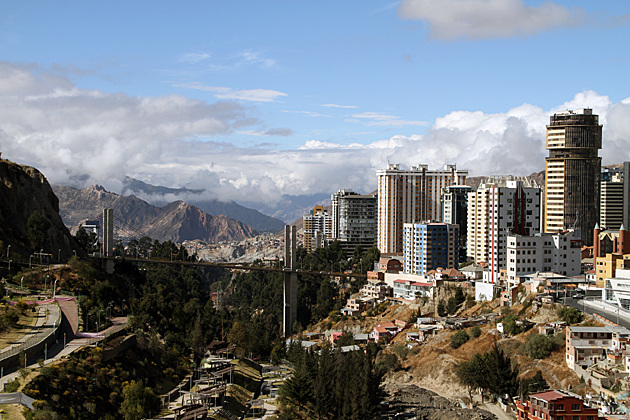
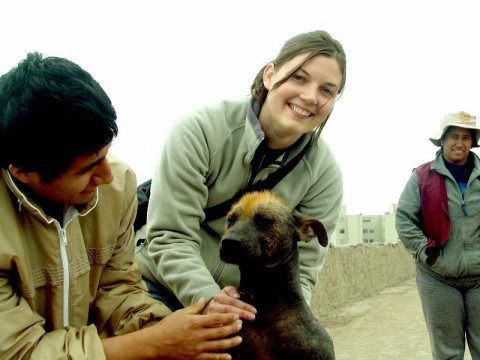
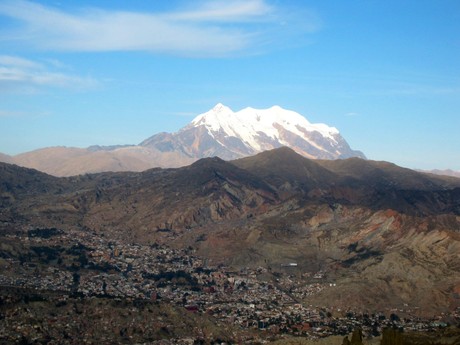
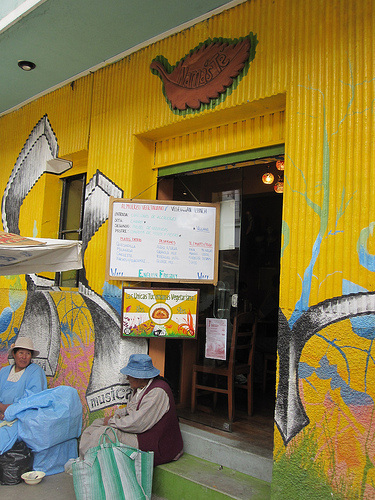
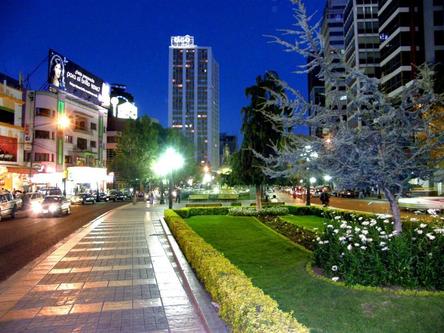
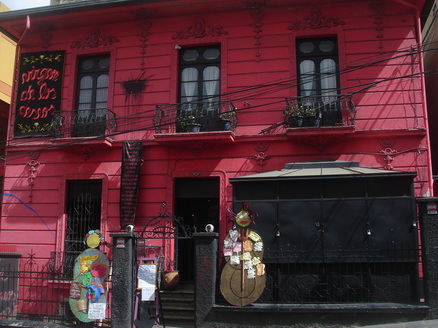
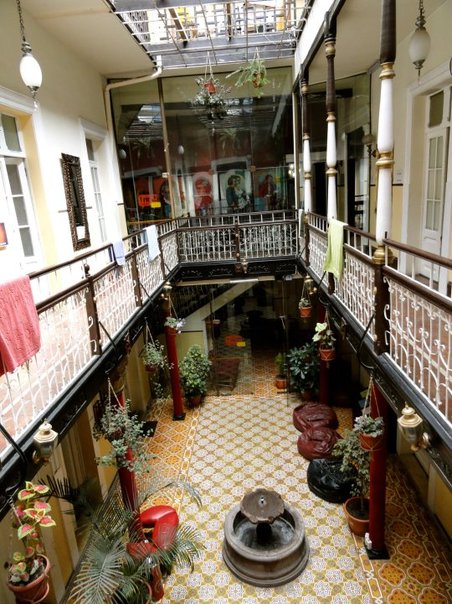
 RSS Feed
RSS Feed
